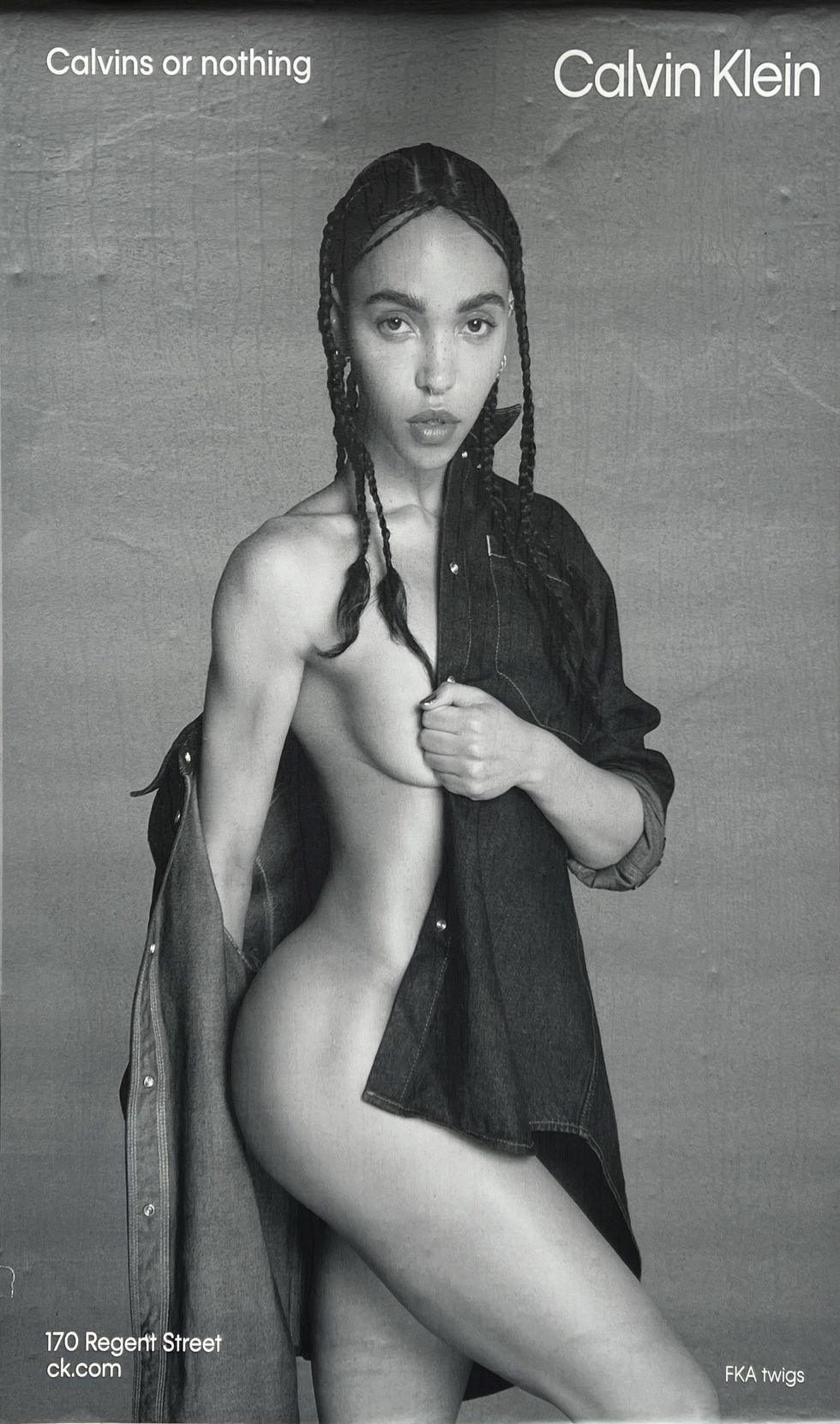Ban on Calvin Klein 'underboob' poster overturned after just TWO people complained of 'objectifying' singer FKA twigs

The poster was banned by the Advertising Standards Authority in January
Don't Miss
Most Read
An advertising watchdog has reversed a claim that a Calvin Klein campaign "objectified" singer FKA twigs after two complaints were made about her hip and sideboob.
The poster was banned by the Advertising Standards Authority in January.
Following complaints from two people, the watchdog ruled that the British singer appeared as a "stereotypical sexual object" which was likely to cause serious harm or offence by objectifying her.
However, the ASA has now overturned their decision as the initial reasoning for the ban may have been "substantially flawed".

The poster was banned by the Advertising Standards Authority in January
|PA
The image shows FKA twigs wearing a shirt drawn halfway around her body.
While text above the singer reads: "Calvins or nothing".
The watchdog said it "considers that the image was not sexually explicit, that the advert presented FKA twigs as confident and in control and, therefore, that she had not been objectified".
"The decision to revisit our original ruling took place in the context of the significant strength of public feeling, including views expressed by FKA twigs, in response to our findings, but was driven by our concern that our rationale for banning the ad was substantially flawed."
LATEST DEVELOPMENTS:
FKA twigs - whose real name is Tahliah Debrett Barnett - condemned the original decision to ban the poster.
She said: "I do not see the ‘stereotypical sexual object’ that they have labelled me.
"I see a beautiful strong woman of colour whose incredible body has overcome more pain than you can imagine."
Calvin Klein described FKA twigs as a "confident and empowered woman" who had approved the picture pre-publication.

Calvin Klein described FKA twigs as a 'confident and empowered woman'
|Getty
The ASA said it was aware of "significant strength of public feeling, including views expressed by FKA twigs" in response to its original findings.
But insists that the image "was overtly sexual and was, therefore, not suitable for display in an untargeted medium".
The ban however remains partially in place in areas where it might be seen by children.











